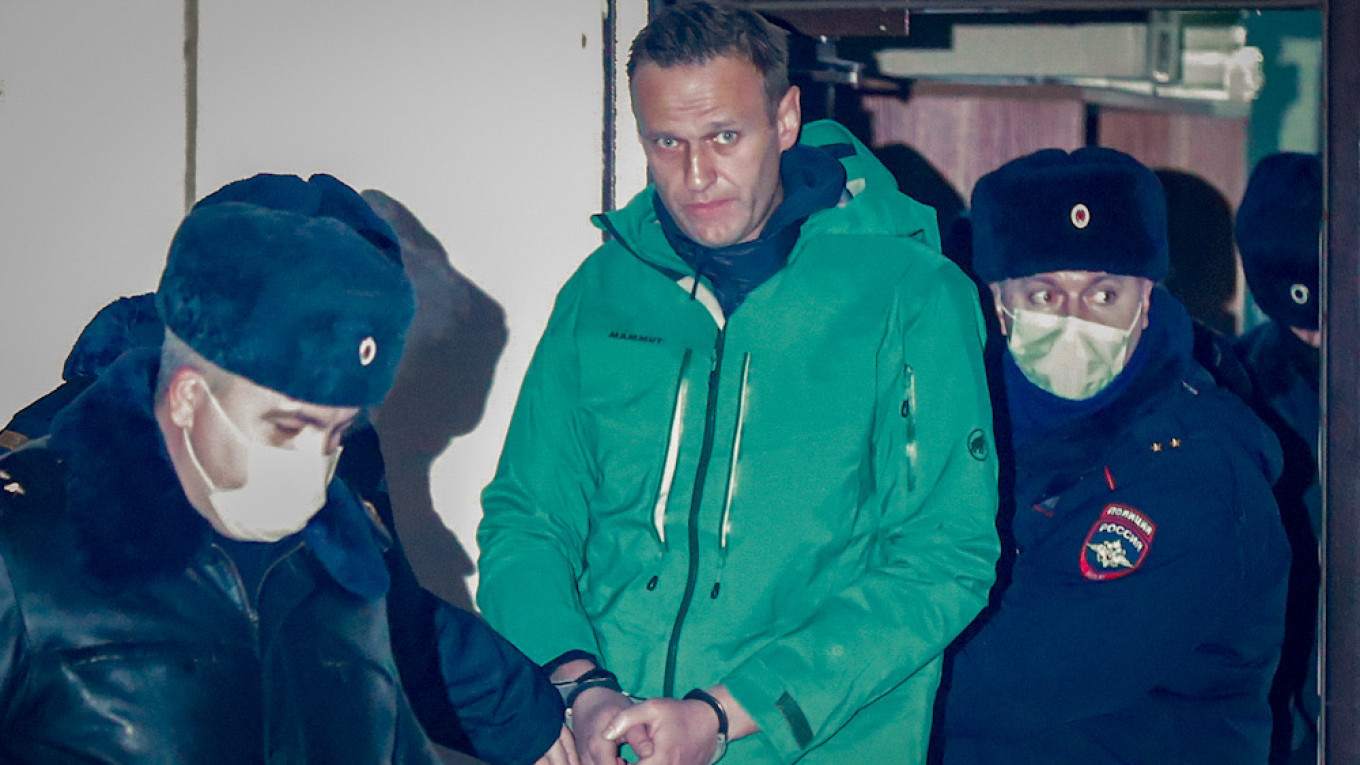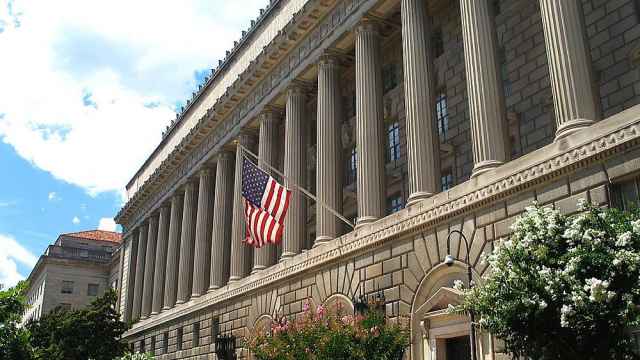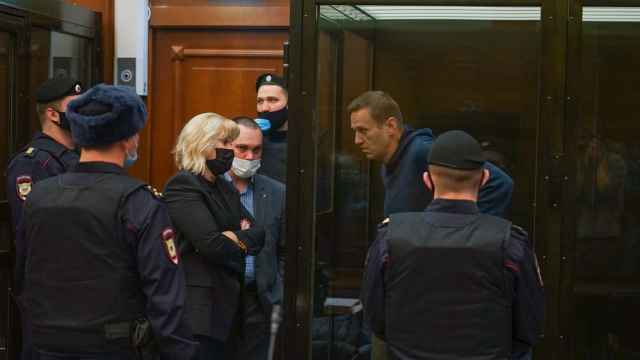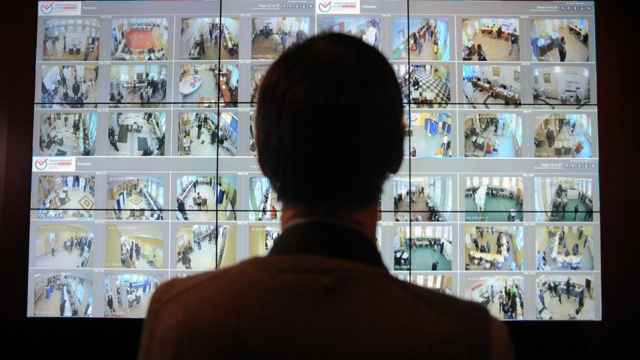U.S. National Security Advisor Jake Sullivan warned Sunday that Russia will face "consequences" if hunger-striking Kremlin critic Alexei Navalny dies.
Jailed opposition leader Navalny, President Vladimir Putin's most prominent opponent, was arrested in January upon returning to Russia after recovering from a near-fatal poisoning attack he says was orchestrated by Moscow.
"In terms of the specific measures we would undertake, we are looking at a variety of different costs that we would impose, and I'm not going to telegraph that publicly at this point," Sullivan told CNN.
"But we have communicated that there will be consequences if Mr. Navalny dies."
The 44-year-old Russian began a hunger strike on March 31 to demand proper medical treatment for back pain and numbness in his legs and hands.
On Saturday, Navalny's doctors said his health had rapidly deteriorated and demanded prison officials grant them immediate access.
"Our patient can die any minute," cardiologist Yaroslav Ashikhmin said, pointing to Navalny's high potassium levels and saying he should be moved to intensive care.
Both France and Germany on Sunday joined a growing international chorus of protest at Navalny's treatment.
Sullivan said the White House had told the Kremlin that Moscow would be "held accountable by the international community" for what happens to Navalny while in Russian custody.
U.S. President Joe Biden said Saturday that Navalny's situation was "totally unfair," but he is facing criticism for not bringing up the dissident's treatment in a phone call to Putin last week or being more forthright in his public comments.
Sullivan said the White House had already made its position clear to Russia directly and that "the best way to deal with this issue is privately, and through diplomatic channels direct to the uppermost levels of the Russian government."
A Message from The Moscow Times:
Dear readers,
We are facing unprecedented challenges. Russia's Prosecutor General's Office has designated The Moscow Times as an "undesirable" organization, criminalizing our work and putting our staff at risk of prosecution. This follows our earlier unjust labeling as a "foreign agent."
These actions are direct attempts to silence independent journalism in Russia. The authorities claim our work "discredits the decisions of the Russian leadership." We see things differently: we strive to provide accurate, unbiased reporting on Russia.
We, the journalists of The Moscow Times, refuse to be silenced. But to continue our work, we need your help.
Your support, no matter how small, makes a world of difference. If you can, please support us monthly starting from just $2. It's quick to set up, and every contribution makes a significant impact.
By supporting The Moscow Times, you're defending open, independent journalism in the face of repression. Thank you for standing with us.
Remind me later.






